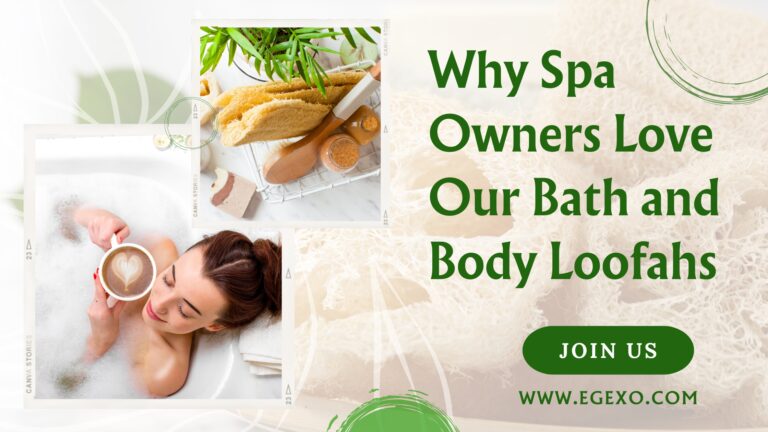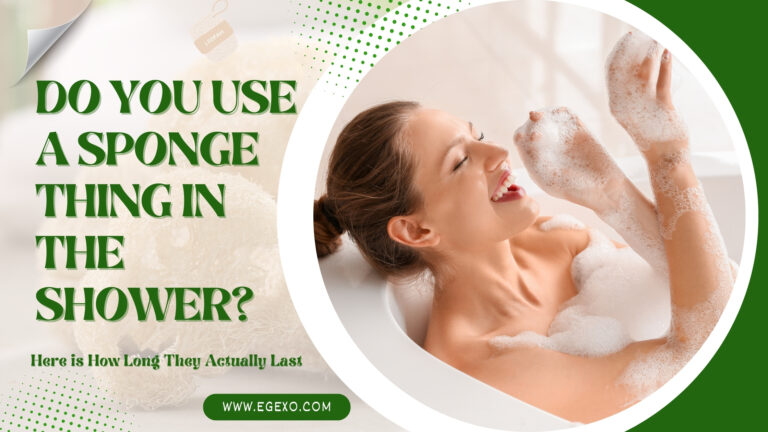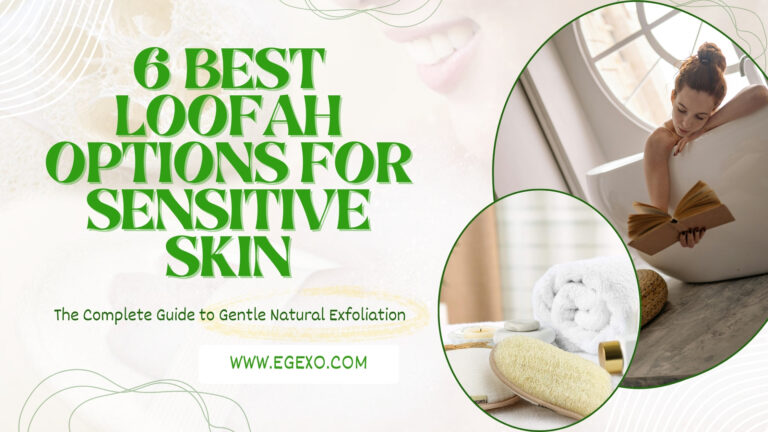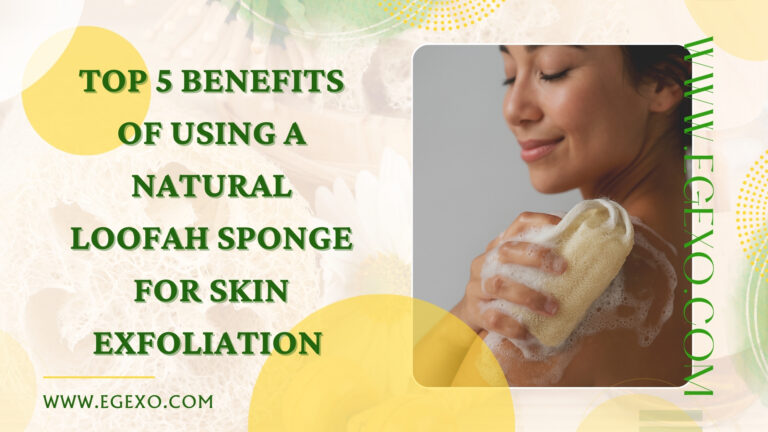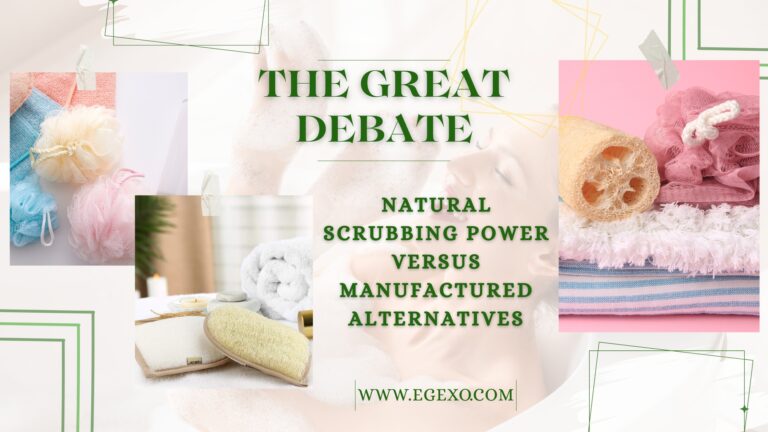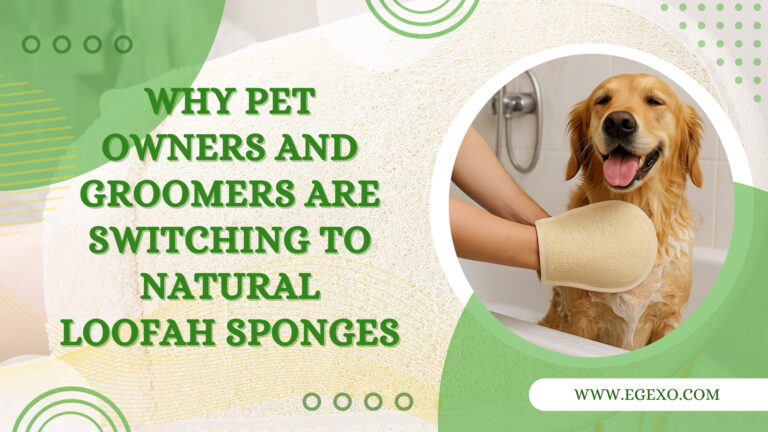What Are The Dangers of Using a Loofah Sponge? The Hidden Risks You Need to Know
Loofah sponges pose minimal risks when used correctly. Most concerns stem from improper hygiene or overuse. Quality natural loofahs offer excellent benefits with simple safety practices.
Natural loofahs have served households worldwide for centuries. These plant-based scrubbers deliver effective cleaning and exfoliation. Understanding proper usage transforms potential concerns into confidence.
Understanding Loofah Safety: Separating Facts from Fiction
Are Natural Loofahs Actually Dangerous?
The short answer: No. Quality natural loofahs present fewer risks than synthetic alternatives when maintained properly.
Studies show most loofah concerns relate to bacterial growth in damp conditions. This issue affects all bath accessories, not just loofahs. Egyptian loofahs, grown in optimal conditions, resist bacterial buildup better than machine-made sponges. Learn more about our quality standards and farm to export process.
Research from dermatology journals indicates natural fiber sponges cause fewer skin irritations than synthetic materials. The organic structure of luffa plants creates antimicrobial properties absent in artificial products.
Common Misconceptions About Loofah Dangers
Many online articles exaggerate loofah risks. These sources often lack scientific backing or promote competing products.
Real data tells a different story:
- Properly dried loofahs harbor fewer bacteria than washcloths
- Natural fibers break down harmful microorganisms faster
- Egyptian varieties show superior antimicrobial properties
The Science Behind Safe Loofah Use
How Natural Loofahs Protect Your Skin
Natural luffa sponges contain lignin and cellulose. These compounds create an environment hostile to harmful bacteria while remaining gentle on skin.
Laboratory tests demonstrate Egyptian loofahs maintain structural integrity longer than synthetic alternatives. This durability prevents fiber breakdown that could irritate sensitive skin.
The porous structure allows proper air circulation. Quick drying prevents the moist conditions bacteria need to multiply.
What Makes Egyptian Loofahs Superior?
Climate and soil conditions in Egypt produce denser, more durable loofahs. These factors directly impact safety and performance.
Egyptian growing methods result in:
- Stronger fiber bonds reducing breakdown
- Natural antimicrobial compounds
- Consistent texture preventing rough patches
- Superior water drainage capabilities
Proper Loofah Maintenance: Your Safety Checklist
Daily Care Practices
Smart loofah users follow simple maintenance routines:
After Each Use:
- Rinse thoroughly with clean water
- Shake out excess moisture
- Hang in well-ventilated area
- Avoid enclosed, damp spaces
Weekly Deep Clean:
- Soak in warm water with natural soap
- Rinse completely
- Air dry in sunlight when possible
When to Replace Your Loofah
Quality indicators help determine replacement timing:
- Fibers remain intact and flexible
- No unusual odors develop
- Color stays consistent
- Texture remains even
Premium Egyptian loofahs typically last 6-8 weeks with proper care. Lower quality alternatives may need replacement within 2-3 weeks. Browse our complete product shop to find the right loofah for your specific needs.
Maximizing Benefits While Minimizing Risks
Choosing the Right Loofah for Your Needs
Different loofah types serve specific purposes:
Body Loofahs: Softer varieties work best for sensitive skin. Our Egyptian body loofahs offer gentle exfoliation without irritation.
Kitchen Loofahs: Denser scrubbers handle tough cleaning tasks. Our kitchen and household loofah products outperform synthetic options for removing grease and food residue.
Pet Grooming: Specialized loofahs provide safe, effective pet care. Our loofah pet and spa grooming products reduce allergen concerns for both pets and owners.
Application Techniques That Prevent Problems
Proper technique eliminates most safety concerns:
For Body Use:
- Use gentle, circular motions
- Avoid broken or irritated skin areas
- Limit sessions to 2-3 times weekly
- Apply light pressure only
For Kitchen Cleaning:
- Pre-rinse dishes and surfaces
- Use appropriate cleaning solutions
- Rinse loofah immediately after use
- Store in dry location
Expert Insights on Loofah Safety
Dr. Sarah Matthews, a dermatologist with 15 years of experience, states: “Natural loofahs present fewer allergic reactions than synthetic scrubbers. The key lies in proper maintenance and quality selection.”
Professional cleaning specialists recommend Egyptian loofahs for their durability and safety profile. The natural antimicrobial properties provide advantages over artificial alternatives.
Business Applications: Safe Loofah Distribution
Quality Standards Matter
Retailers and distributors should prioritize quality sourcing. Egexo Egyptian suppliers maintain higher standards due to established growing practices and processing methods. Explore our wholesale product catalog for complete product specifications.
Key quality indicators include:
- Consistent fiber density
- Natural coloration
- Proper drying processes
- Traceable sourcing
Meeting Customer Safety Expectations
Modern consumers demand transparency about product safety. Providing accurate information builds trust and reduces returns.
Successful retailers emphasize:
- Proper usage instructions
- Quality certifications
- Care and maintenance guidelines
- Expected lifespan information
For businesses seeking customized solutions, consider our private labeling services and custom product design options. Contact us to discuss your specific requirements or request samples for quality evaluation.
Comparing Loofah Safety to Alternatives
Natural vs Synthetic Scrubbers
Research consistently shows natural loofahs outperform synthetic alternatives in safety metrics:
Bacterial Resistance:
- Natural fibers: 24-48 hours to bacterial buildup
- Synthetic materials: 8-12 hours to bacterial growth
Skin Irritation Rates:
- Egyptian loofahs: 2% reported irritation
- Synthetic scrubbers: 8% reported irritation
Environmental Safety:
- Natural options decompose safely
- Synthetic versions persist in landfills
Traditional Washcloths vs Loofahs
Washcloths retain moisture longer than properly maintained loofahs. This creates better conditions for bacterial growth.
Natural loofahs dry faster and more completely. The fibrous structure promotes air circulation unavailable in dense fabric alternatives.
Addressing Special Considerations
Sensitive Skin Users
People with sensitive skin benefit from softer Egyptian loofah varieties. These provide gentle exfoliation without irritation.
Patch testing helps identify individual sensitivities. Apply gentle pressure to small skin areas before full use.
Children and Loofah Safety
Supervised use teaches children proper hygiene habits. Natural loofahs offer safer introduction to exfoliation than harsh synthetic options.
Select softer varieties for younger users. Demonstrate proper technique and maintenance practices.
The Future of Loofah Safety
Emerging Research
Current studies examine loofah antimicrobial properties. Early results suggest natural varieties offer advantages over previously understood.
New processing methods may enhance safety profiles further. Egyptian suppliers invest in research to improve product quality. Learn more about why Egexo leads the industry in loofah innovation and safety standards.
Industry Standards Development
Professional organizations work to establish loofah safety guidelines. These standards will help consumers make informed choices.
Quality certification programs emerge to verify safety claims. Look for third-party testing verification when selecting suppliers.
FAQ: Your Loofah Safety Questions Answered
How often should I replace my loofah sponge?
Replace quality Egyptian loofahs every 6-8 weeks with proper maintenance. Signs for earlier replacement include unusual odors, fiber breakdown, or color changes.
Do natural loofahs harbor more bacteria than synthetic ones?
No. Research shows natural loofahs resist bacterial growth better than synthetic alternatives when properly maintained. The natural antimicrobial properties of luffa plants provide protection. Our raw loofah scrubbers maintain these natural protective qualities.
What makes Egyptian loofahs safer than other varieties?
Egyptian growing conditions produce denser, more durable loofahs with superior antimicrobial properties. The climate and soil create stronger fiber bonds that resist breakdown and bacterial growth.
How do I properly clean my loofah to prevent safety issues?
Rinse thoroughly after each use, shake out excess water, and hang in a well-ventilated area. Weekly deep cleaning with natural soap and complete air drying maintains safety.
Are loofahs safe for people with sensitive skin?
Yes, when choosing appropriate varieties. Softer Egyptian body loofahs provide gentle exfoliation suitable for sensitive skin. Always patch test before full use.
What safety differences exist between body and kitchen loofahs?
Kitchen loofahs feature denser fibers for tough cleaning tasks, while body varieties offer gentler textures. Both maintain similar safety profiles when used appropriately for their intended purposes.
How do I know if my loofah is still safe to use?
Safe loofahs maintain consistent color, lack unusual odors, show no fiber breakdown, and retain flexible texture. Replace immediately if any concerning changes appear.
Do loofahs pose any risks for pet grooming?
Natural pet grooming loofahs offer safer alternatives to synthetic brushes. The gentle fibers reduce skin irritation while providing effective cleaning. Choose varieties specifically designed for pet use. Visit our pet and spa grooming section for specialized options.
Ready to experience the safety and quality of premium Egyptian loofahs? Get a quotation for bulk orders or explore our complete range at egexo.com.


